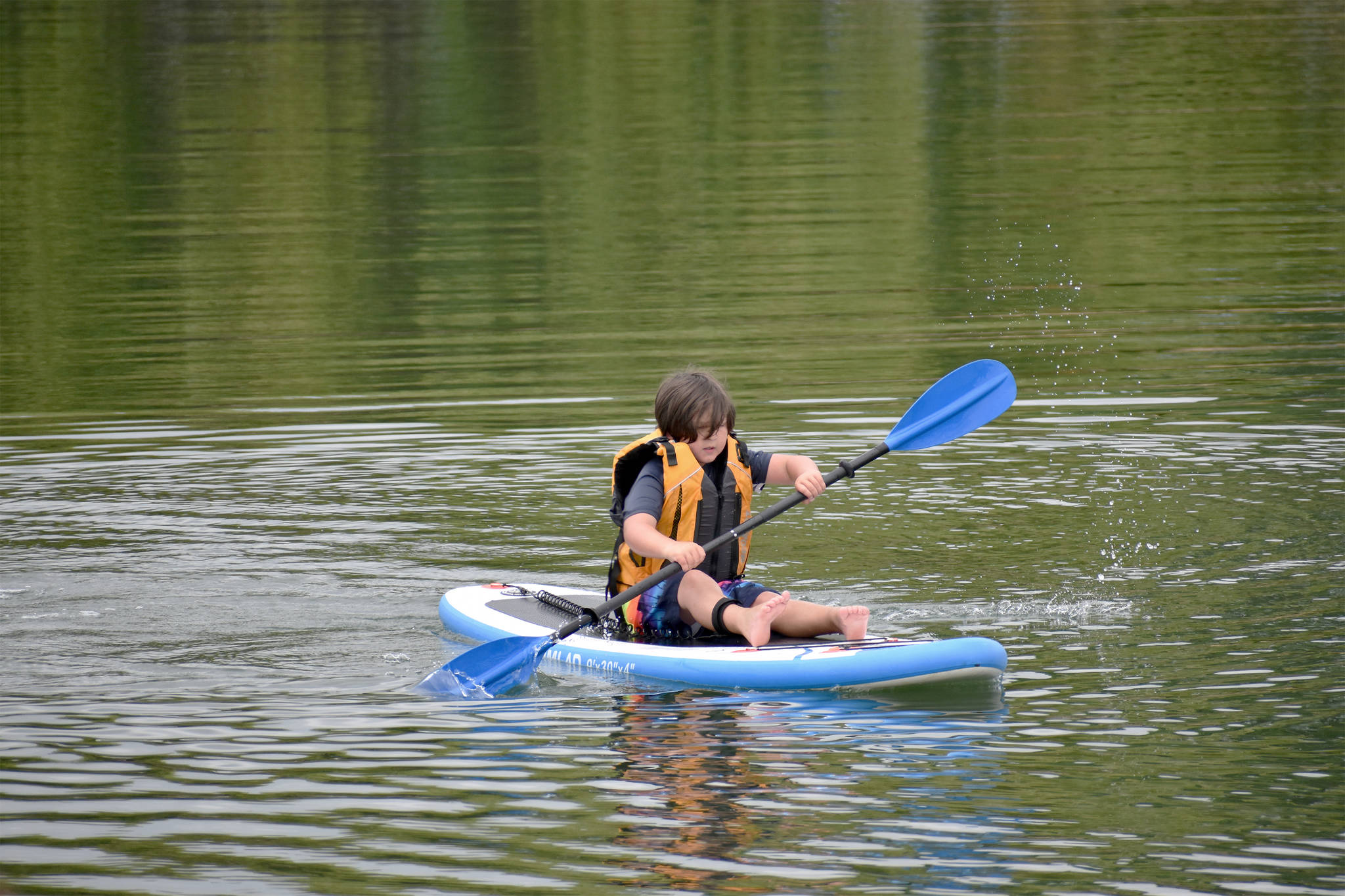Although the thermometer gauge is ticking up, the waters around Whidbey are consistently a skin-numbing 55 degrees Fahrenheit on average and can pose a threat even to the most experienced swimmers and boaters.
Any water temperature below 70 degrees should be treated with caution, according to the National Center for Cold Water Safety.
Sudden immersion in cold water can lead to cold water shock — and can kill a person in minutes.
Cold water shock occurs when the body is suddenly immersed in the water, and a person begins to gasp or hyperventilate because of the temperature change. People can drown if they cannot get their breathing under control because they inhale water even before hypothermia sets in.
“You fall in, and you have an automatic gasp reflex action as soon as you immerse in that cold water,” said America’s Boating Club of Deception Pass Commander Shawn Haugen in a press release. “If your head is under water, you can ingest water, drown or have a constricted windpipe and suffocate.”
The group advises boaters to travel with life jackets at all times and to know their limits out on the water. North Whidbey Fire and Rescue Chief John Clark echoed the group’s advice, especially for paddlers in waters known for strong currents.
“The first safety rule for kayaking in any body of water, and particularly Deception Pass, is to know your own limitations,” Clark said. “If you are an inexperienced or limited experienced kayaker, you should find a safer, calmer water to gain experience and practice.”
Recently, a woman and her children were almost pulled out of Bowman Bay by the rushing tide under the Deception Pass Bridge. Clark said fellow boaters helped the paddlers out of the current and back to calmer water.
Besides knowing a boater’s own limitations, he stressed checking weather conditions and equipment ahead of time, beware of off-shore wind, dress appropriately, never mix alcohol or drugs with boating and do not exceed the weight capacity of the boat. Above all else, he said to wear a life jacket.



